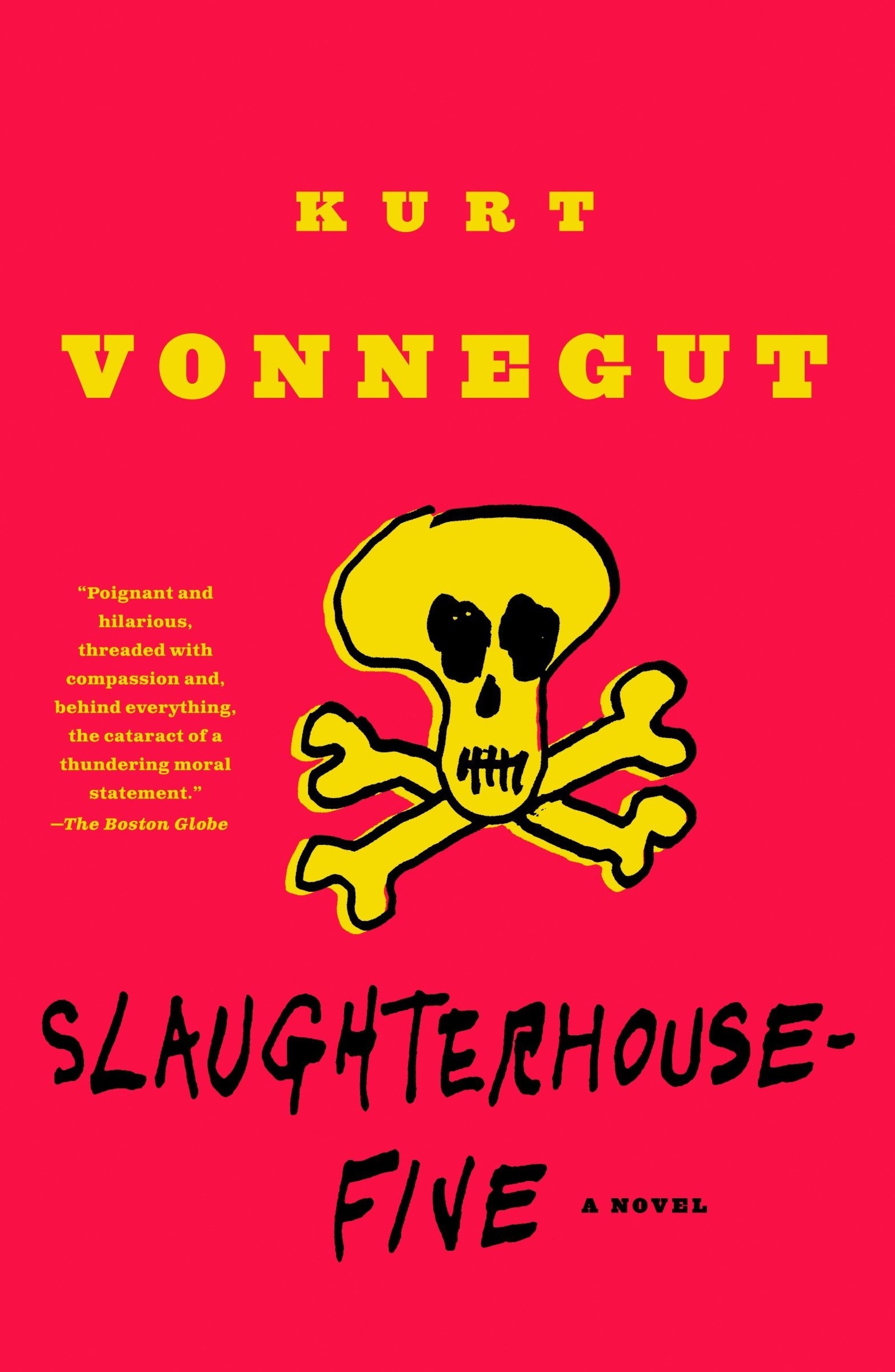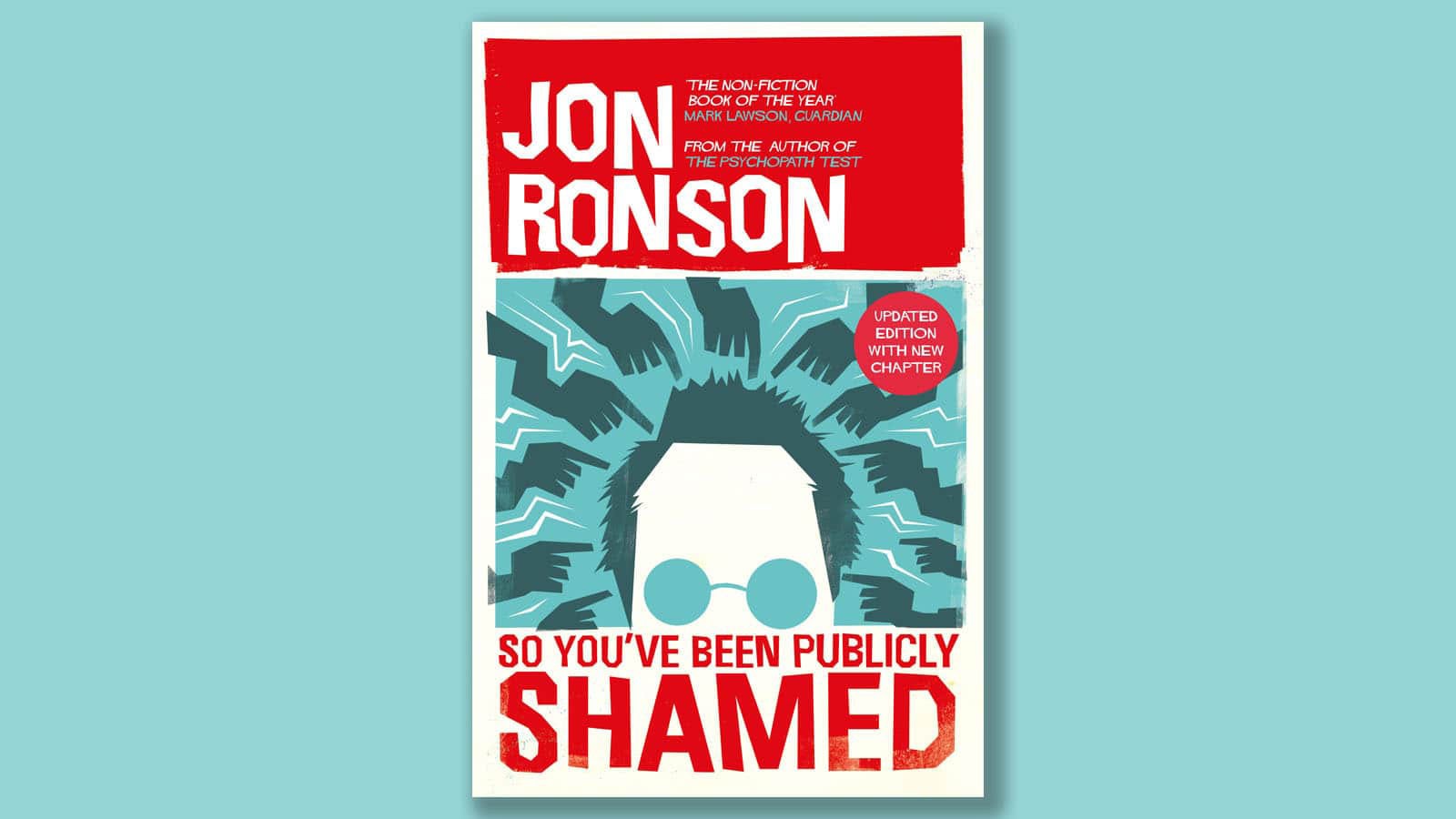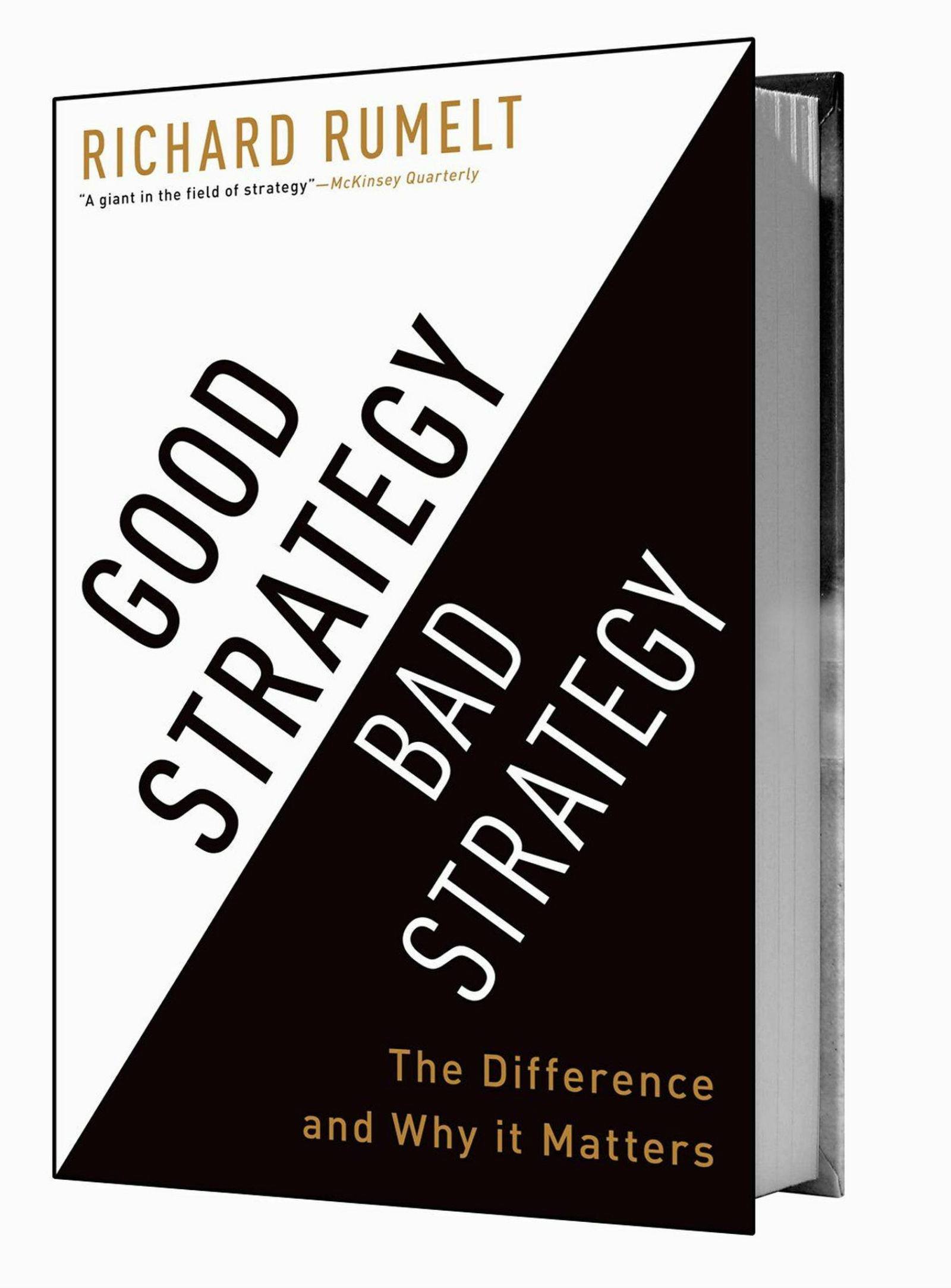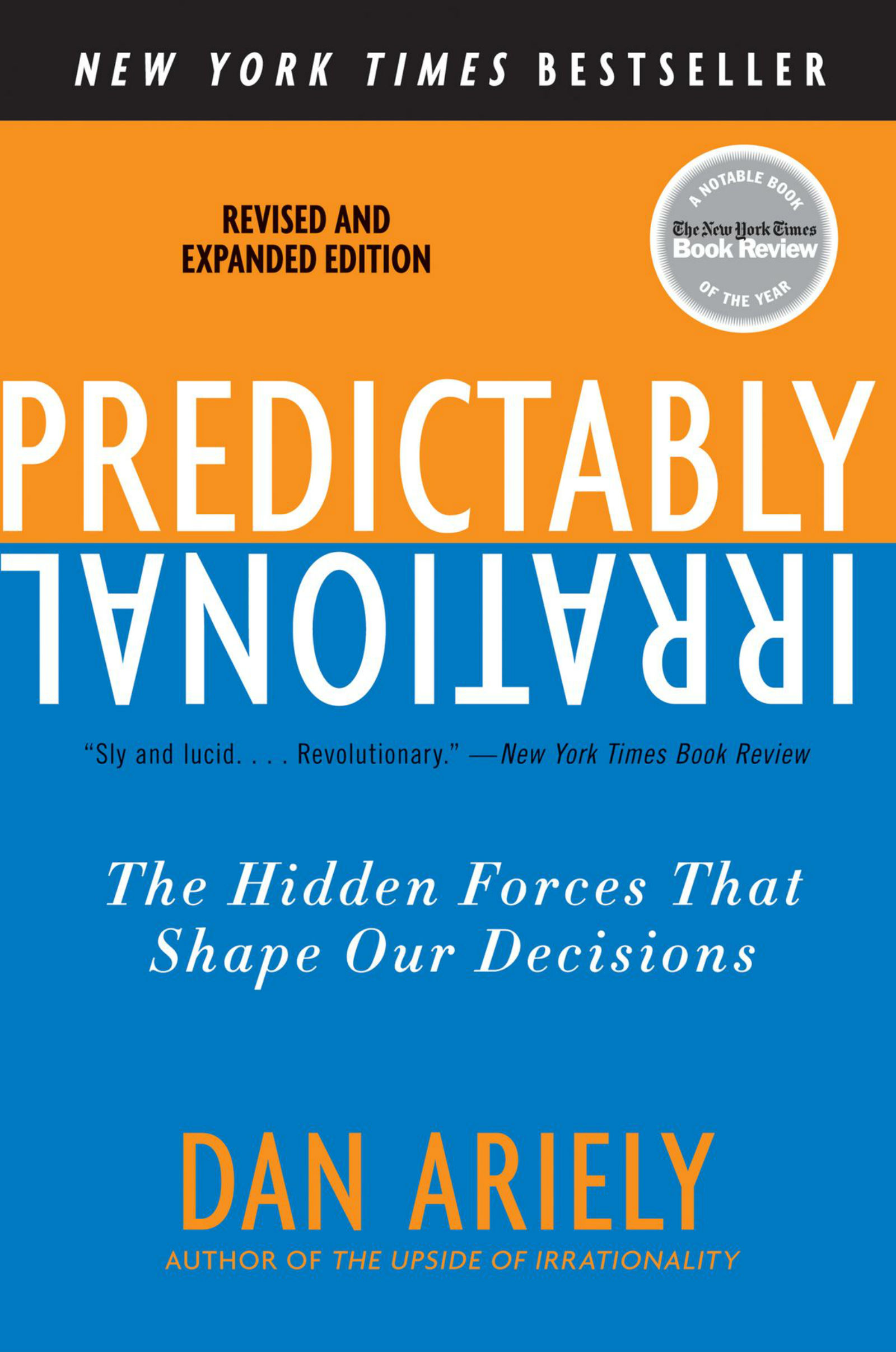Know Your Customer processes: offering security through building mutual trust. When it comes to managing your hard-earned money, the importance of trust can hardly be overstated. Customers need to know their bank has strong security systems in place, and organizations need clear, verifiable data to protect all their clients from fraud or corruption.
That’s why CIB has a clear KYC framework in place. Following standard international practice for banking institutions, credit companies, and insurance agencies, we ask for detailed information so we can verify our clients’ identities. This helps us to protect both individuals and companies from the risk of financial crime.
Having current records helps us protect you: We ask that our Wealth clients keep their personal records at the bank up to date, by supplying us with the following:
- A valid National ID (for Egyptian nationals) or valid passport (for foreigners)
- An HR letter (in the event your employment status has changed)
- A utility bill (in the event your permanent address has changed)
- A recent Commercial Register (for companies)
For CIB, the security and safety of your savings and personal information is our highest priority. To update your information at any time, simply download the form, supply all relevant data, sign at the bottom of all pages, and either submit it to one of our branches or send it by mail to your branch or to P.O. Box 2340 Al Ataba.
For more information: visit the CIB website.













